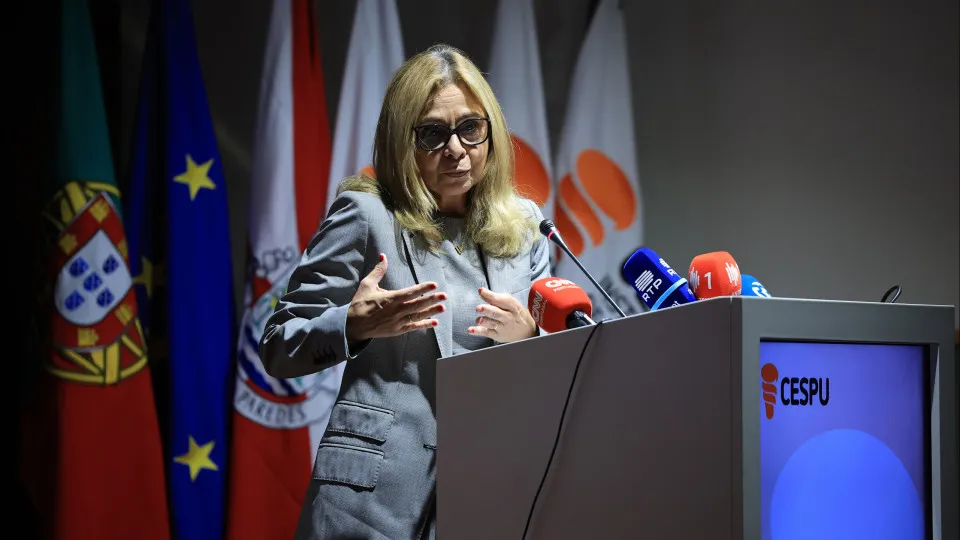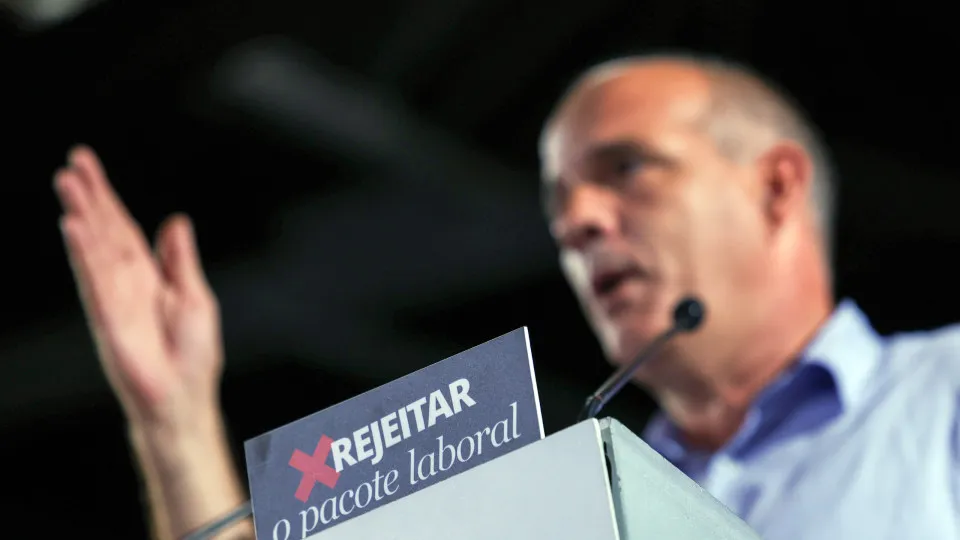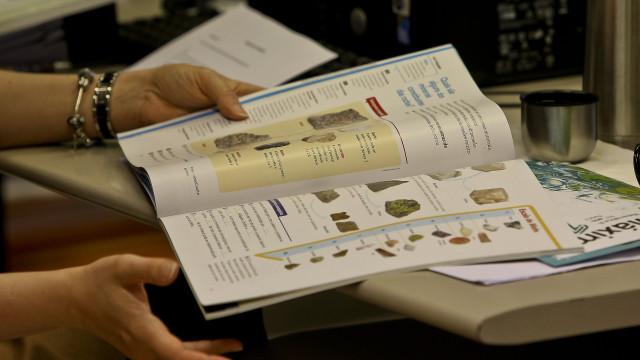The video game, developed from a European project that involved 17 entities, was created for classroom use to address issues related to the prevention of cybercrimes.
Today, it was introduced to students at the auditorium of the Coimbra Music Conservatory Art School.
The RAYUELA (Spanish name for hopscotch) has already been held in more than 400 schools nationwide and has been used by over ten thousand students since its launch, according to Constança Brito, the PJ inspector of cybercrime, during the presentation of the “Missão Cibersegura” campaign.
Aimed at children aged ten to 16, players embark on different adventures that address issues such as cyberbullying, online solicitation, hate speech, ‘phishing’, toxic relationships, and misinformation.
In the video game, students make decisions in certain situations, with the narrative influenced by the choices made throughout the game.
During the sessions, some students reported having been victims of cybercrime, while others admitted to having been perpetrators in similar contexts, noted Constança Brito.
According to the PJ inspector, and based on data collected anonymously from each session, 12% of participants admitted to offensive conduct in the game concerning cyberbullying, although the vast majority of these (72%) were aware of their actions.
More than two-thirds (69.6%) supported the victim in the game scenario dedicated to cyberbullying, she mentioned.
The PJ inspector noted that of all the scenarios, young people appear most prone to being victims in cases of ‘phishing’ (fraud involving banking data and personal information collection).
According to Constança Brito, from the data gathered from the sessions conducted, 18% of participants accepted friendship requests from strangers in the game, and 6.4% agreed to send intimate content to that same profile.
Ricardo Vieira, from the National Unit for Combating Cybercrime and Technological Crime of the PJ, urged students to share their stories when playing the game, also asking teachers to act upon reported situations.
“Know what to do [in a reporting situation], whom to contact, and what precautions to take. It’s important to record everything, take screenshots. Teachers can’t say: ‘Now let’s erase everything and start from scratch.’ We need evidence,” the inspector said.




